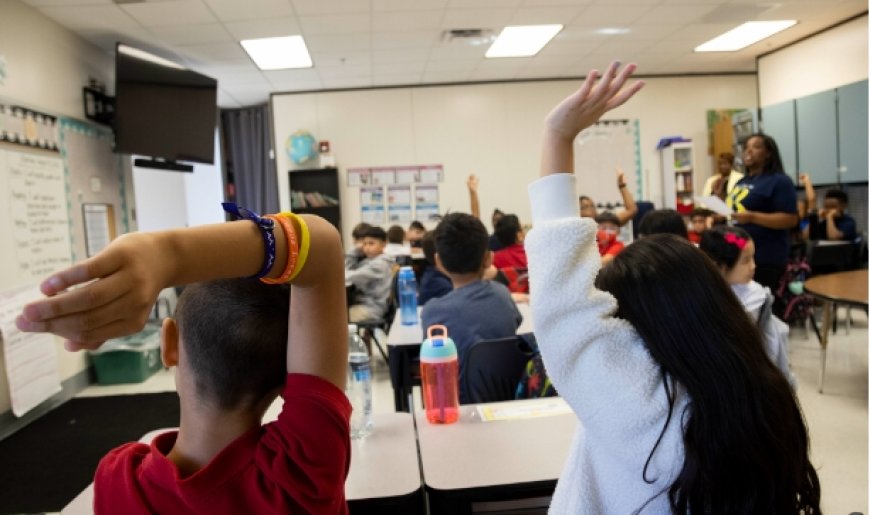Keeping politics out of the science curriculum
The nature and importance of science education. The writer argues that science education should be based on evidence and critical thinking rather than ideology. The author also argues that pluralism is an important part of science education, but not at the expense of truth.
The State Board of Education recently discussed how Texas students learn about hot-button issues like climate change and evolution. Predictably, the review got bogged down in politics and ideology.
Diversity of viewpoints, but not at the expense of truth
There is room for diversity of viewpoints in teaching, but the classroom should not be reduced to an arena of competing ideologies, where fringe theories or religious beliefs are just as important as a broad scientific consensus.
The importance of evidence-based education
On Tuesday, the state board denied preliminary approval to certain science textbooks because some members felt they focused too much on human contributions to climate change, overemphasised evolution as the origin of life, and failed to describe other belief systems such as creationism.
The committee reconvened on Friday to reconsider its decisions to include and reject certain textbooks. Some decisions were re-adopted, others were not, usually for the wrong reasons. Business as usual.
Critical thinking, not ideology
In discussing what is and isn't acceptable, the board ignores one of the most basic principles of good education. Education should be about providing quality content that stimulates critical thinking, not emphasising ideology.
Figuring out the truth about complex topics such as climate change and evolution is not easy for the average adult, and it's absurd to expect children to be able to do it on their own. This is especially true for topics that have little to no scientific basis.
Diversity of opinion and experience is a good thing. But science is all about proof.
The role of philosophy and theology in education
Philosophical and even theological education complements science education. Young people who understand philosophical and theological enquiry will be well prepared to ask pointed questions about scientific discoveries.
However, mixing the two in a haphazard manner, even disguising them in pseudo-scientific language like intelligent design, only confuses what should be clear and unambiguous instructions. It does nothing to prepare our students for the competitive world of science.
Rigorous scientific training for the next generation
We can assure you that the first concern of most other countries, let alone countries like China, is to ensure that students receive rigorous scientific training.
Keeping politics out of the classroom








